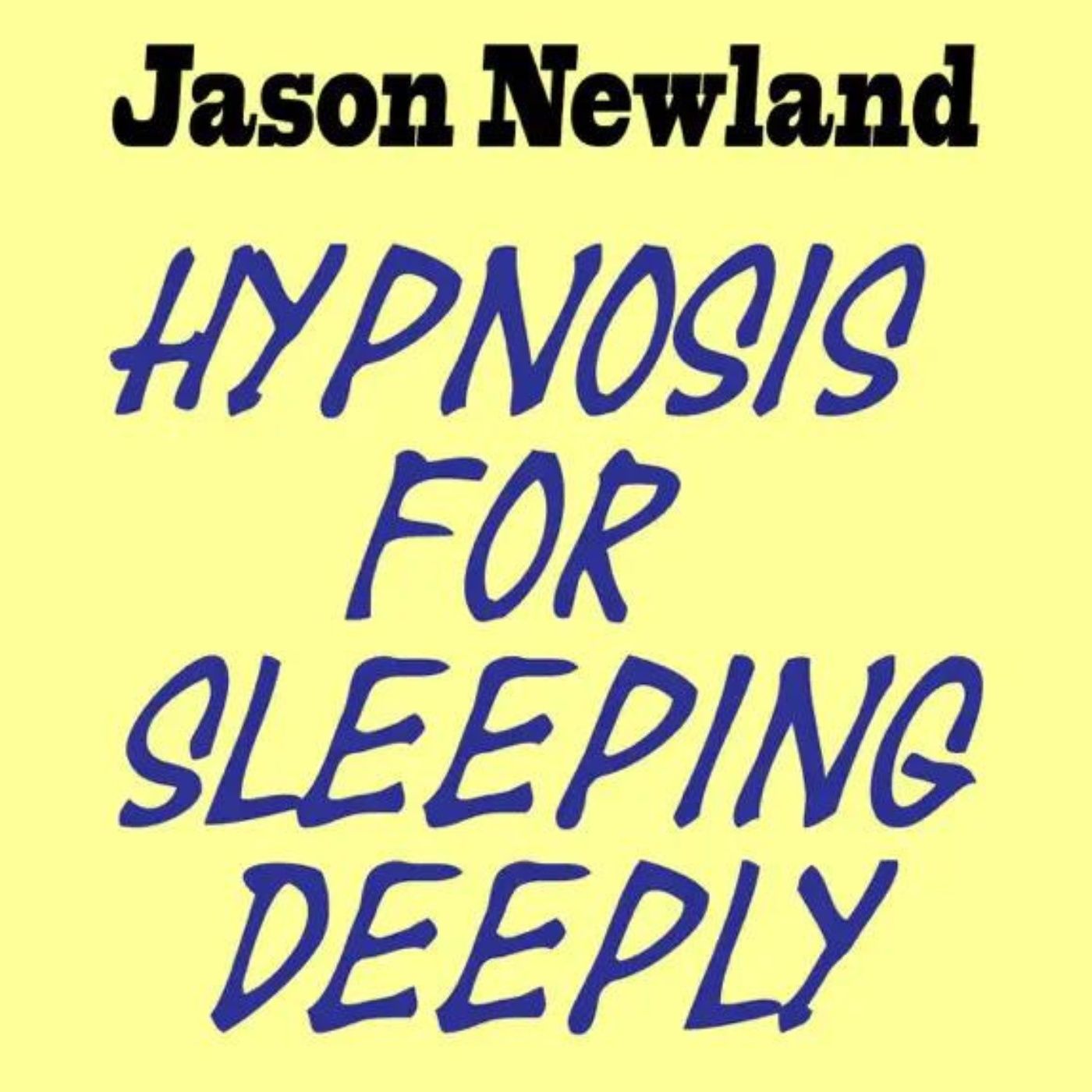The Most Important Daily Habits That Could Add Decades to Your Life & Keep Your Brain Young with Dr Darshan Shah #573
Why Your Daily Habits Determine Brain Age and Alzheimer’s Risk
In this in-depth conversation with Dr. Darshan Shah, the episode translates modern longevity science into practical habits you can start today. The discussion reframes genetic risk: genes influence risk, but daily behavior largely determines whether Alzheimer’s and other age-related diseases become reality. The focus is clear—movement, food quality, inflammation control, toxin avoidance, and stress management are the pillars that move the needle.
Five lifestyle drivers of Alzheimer's disease you can reverse
Dr. Shah outlines five major, modifiable drivers that accelerate cognitive aging: repeated head trauma, poor metabolic health from ultra-processed foods, chronic inflammation from gut and oral sources, cumulative exposure to environmental toxins (including microplastics and BPA), and prolonged chronic stress with hormonal decline. Each factor is actionable and many are detectable long before symptoms appear.
Apply the 80-20 principle for practical brain and longevity gains
Rather than chasing every emerging trend, apply the Pareto principle: identify the 20% of behaviors that deliver 80% of the benefit. In practice, this means prioritize daily movement breaks, remove ultra-processed foods, improve sleep, and monitor a handful of blood biomarkers. These high-return actions outperform elaborate hacks when foundational habits are missing.
Movement hacks to counteract sedentary risk
Extended sitting increases all-cause mortality once a continuous sedentary stretch exceeds four hours. The simplest countermeasure is an "exercise snack"—get up every 45 minutes for three to five minutes of walking, light squats, or bodyweight movements. Aim for daily walking targets (around 8,000 steps) and consider a weighted rucksack or vest while hiking to preserve balance and lower fall risk as you age.
How to cut ultra-processed foods and improve metabolic health
Eliminating ultra-processed foods is one of the single biggest impacts on long-term health. Dr. Shah recommends starting with three simple meals composed of whole foods and repeating them to remove decision fatigue. Track hemoglobin A1c, triglycerides, and fasting insulin as immediate measures of metabolic improvement once you reduce processed food intake.
Understand inflammation, oral health, and toxin reduction
Chronic inflammation is both a symptom and a driver of many chronic diseases. Measure hs-CRP to monitor systemic inflammation and treat oral health seriously—gum inflammation contributes to systemic inflammatory load. Reduce toxin exposure by swapping plastic containers and paper-lined hot cups for glass or ceramic, and limit single-use plastics to lower BPA and microplastic burden.
Measure, learn, and take control with biomarkers and wearables
A practical biomarker checklist includes hemoglobin A1c, hs-CRP, APOB, liver enzymes (AST/ALT), lipids, and relevant hormones after age 35. Wearables and continuous monitors (CGMs, HRV-capable trackers, and step counters) provide daily feedback that sustains behavior change. Small, measurable improvements compound quickly.
Supplements and targeted therapies as complements to lifestyle
Lifestyle first, then targeted supplements based on testing. Core supplements discussed include vitamin D3+K2, omega-3s, creatine, and mitochondrial support like urolithin A or nicotinamide riboside for specific use cases. Use tests to confirm deficiencies before supplementing and view technology (sauna, HBOT, targeted infusion therapies) as adjuncts after the basics are in place.
Bottom line: The most powerful longevity tools are simple and low-cost: move frequently, eliminate ultra-processed foods, manage stress and sleep, reduce toxin exposure, and track a short list of biomarkers. These steps give you early warning signals, motivate change, and can substantially reduce your chances of premature cognitive decline.
Key points
- Use an exercise snack every 45 minutes to counteract prolonged sedentary behavior and mortality risk.
- Eliminate ultra-processed food to drastically improve metabolic health and cognitive outcomes.
- Track hemoglobin A1c, hs-CRP, AST/ALT, and APOB to monitor core health trends.
- Get regular dental care to reduce oral inflammation that can affect brain health.
- Wear a wearable or CGM to observe and modify real-time physiological responses.
- Adopt the 80-20 health principle: prioritize behaviors delivering the most impact.
- Incorporate walking and weighted rucksack training to preserve balance and muscle.
- Reduce plastic exposure—avoid paper-lined hot cups and single-use plastic bottles.




